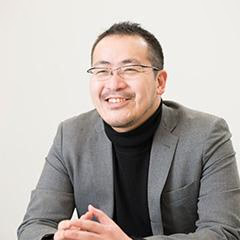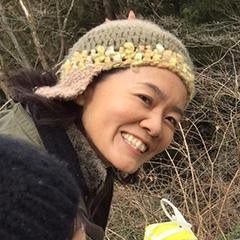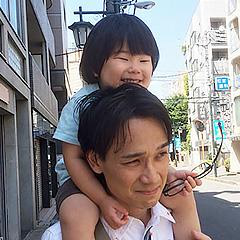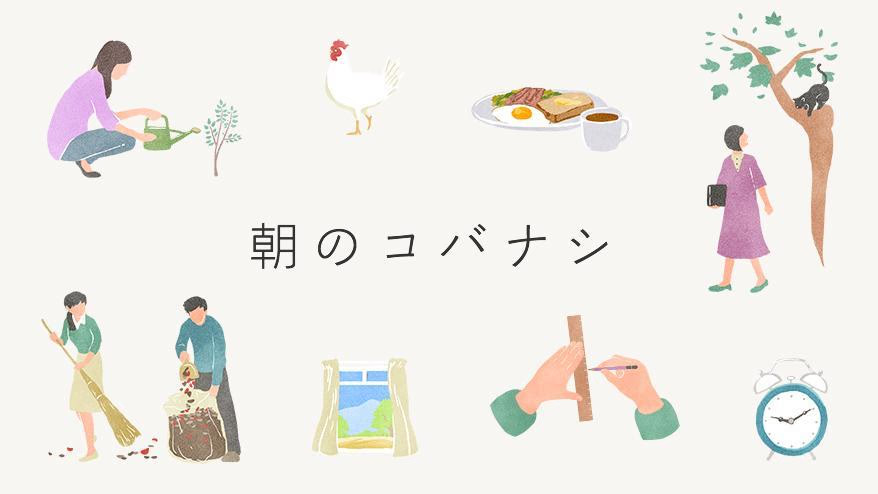The rainy season has begun in Tokyo as well.
Monosus locations all over Japan, including Yoyogi, Osaka, Kamiyama, and Suo-Oshima, are also experiencing the rainy season in their own ways. (In Monosus Thailand, where it is always summer, it is the rainy season, not the rainy season.)
Rainy mornings can be a little depressing, but we warm up by listening to the "Quote of the Day" during morning assembly. Our day at Monosus starts with a little chat between executives, department heads, and leaders.
This month we will be introducing a little bit of it on the Monosasu website.
The guests are Tatsuta, head of the marketing department, Nagai, the vice president, and Onogi, head of the design department.
So, let's begin "Quote of the Day"...
Knowing the Peak

- Presenter
Yoshihiro Tatsuta (Marketing Department Manager)
As we return to Bar monosus for the first time in a while, let's talk about alcohol.
I like alcohol, especially Scotch whisky, but I'm often asked "Which one would you recommend for a first timer?" and I often find it strange. Then, when I happened to be watching TV, I heard Tamori, who also likes whisky, often asked the same question, and he said, "There's no beginner's drink. If you can afford it, you should drink the best whisky at the bar." I thought, "That's right!" and I totally agreed.
The more you know about good things, the wider the base becomes like a pyramid with that as the apex. So, instead of starting with affordable things as a beginner, it's better to drink, eat, and experience good things while you're young and can afford them.
By doing this, you can raise the apex of your own pyramid and broaden the base, which will ultimately allow you to find alcohol that suits you, or cheap, tasty alcohol.
When I was young, I would drink as much good alcohol as my wallet would allow, even if it meant overdoing it, but thanks to that, I was able to appreciate the deliciousness of cheap alcohol at standing bars, and I also knew how to enjoy drinking at super cheap chain stores. But if that was all I knew from the beginning, that was the end of my life, and it's because I know the top that I can broaden my horizons and see the good points of each.
I think this applies not only to alcohol, but also to work and other things.
I think it would be a good idea for you to see, listen, eat, drink, and work with the aim of finding out what the pinnacle of your field of interest is and how close you can get.
"I don't know."

- Presenter
Tomoko Nagai (Executive Vice President)
As you all know, I moved to Suo-Oshima and started a vegetable patch in my own field. As with many other wild boars, I put up a fence to protect them from the boars, but the old man living next door said to me, "You put the fence up the wrong way." When I asked him, "Was that wrong?" he said, "I don't know."
I don't know if it's a mistake or not.
In the first place, humans cannot understand the behavior of wild boars.
It may be fine without the fence, and I don't know if adding one contrary to the instructions would increase or decrease its effectiveness.
In other words, no one knows.
I thought that made sense, and now that I think about it, even when my neighbors teach me, a beginner at farming, they rarely say, "You should do this," but rather, "We do this at home," or "I do this."
In so-called urban jobs like ours, we tend to look for the right answer, that is, "if you do this, it will work," but when it comes to fields and dealing with the unavoidable forces of nature, there isn't just one right answer, and I realized that you need to think about it a lot, make decisions, and take responsibility for the results.
The old man looked like an ordinary country man living on a pension, but when he grinned and muttered, "Everyone in the fields is a self-employed person," I was struck by this man. I was amazed. It was an incident that made me realize that there is no way to know whether what is considered a standard in the world is correct or not, and that sometimes it is important to think and decide for yourself.
The era of programming thinking

- Presenter
Yu Onogi (Director of Design Department)
Are you familiar with the NHK program " Why!? Programming "?
It's an educational program for children, and it uses Scratch, an educational programming language developed by the Massachusetts Institute of Technology (MIT), to teach programming while having fun. I think it's really well done, and doesn't underestimate children.
Unlike the typical image of programming as a black screen with a row of English code, it allows you to move characters and understand them visually, and it supports Japanese, so you can program in Japanese like "If I repeat ◯◯ 10 times, then do △△ to ◯◯."
In fact, on the show, the children are making fascinating things that even adults can't make, and even though my daughter can't read yet, she understands them to a certain extent, saying things like "It has to be like this here," and "It won't move unless you put the mouse here," and it makes me realize that we really live in such times.
How should an event (action) be broken down and then reassembled? I'm a little excited to think about what kind of adult they will become if they acquire the ability to think like that from a young age.
The developers of Scratch say that it's not about whether you become a programmer or not, but whether you can think about things with a programming mindset, and I really agree with them. The distinction between humanities and science is no longer meaningful.
We're not saying that everyone should try out Scratch, but in this day and age where thinking about and constructing things is so important, we thought it would be good if we could commit to it as well, so we introduced it to you.
Well, have a great day today.
Scotch whisky, farming, programming thinking... This month we have a wide variety of "Kobanashi" products.
So, what kind of stories will come out tomorrow?
It's so much fun.
Well, have a great day everyone today.

